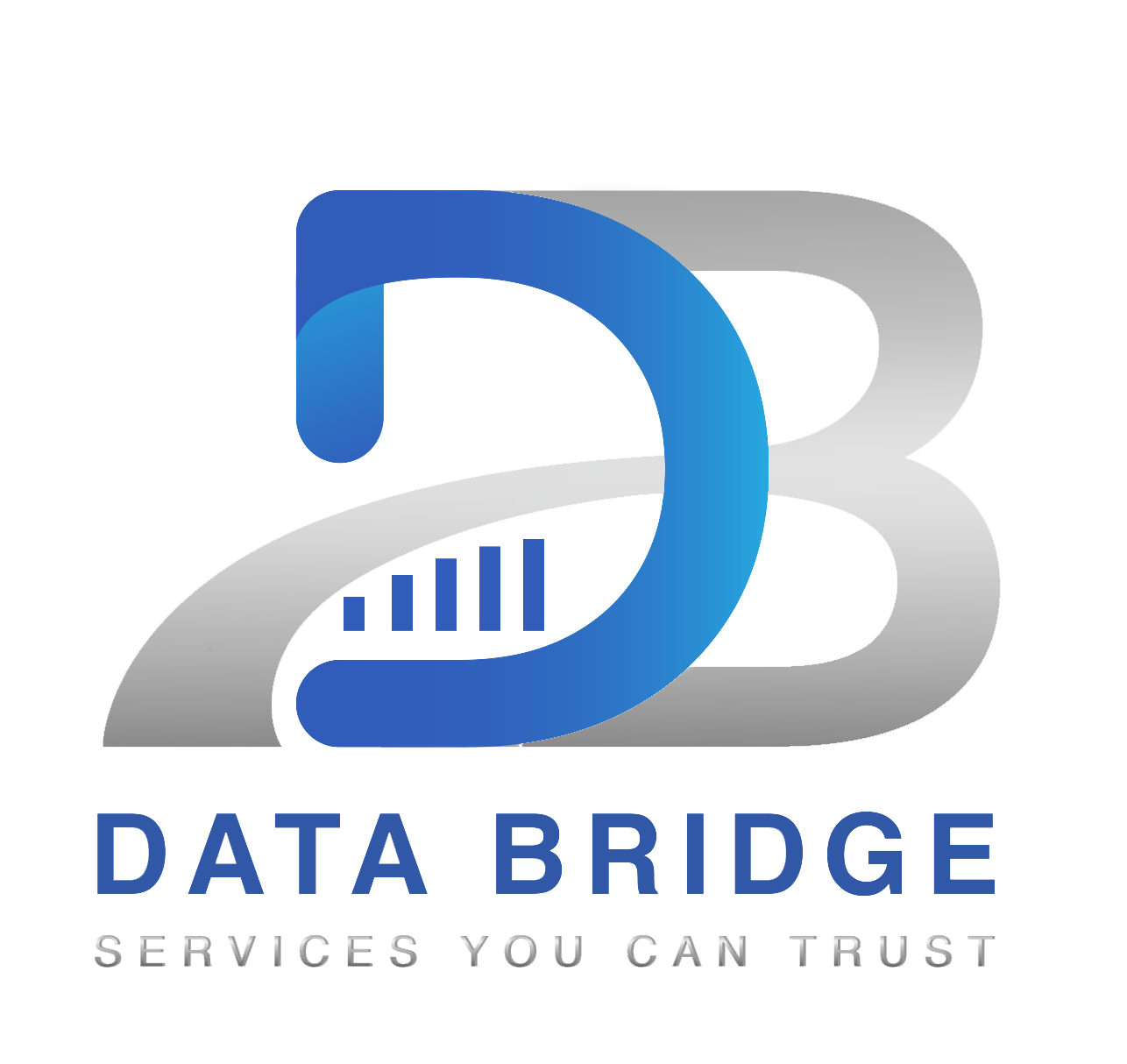Data BridgeProject Management






Project
Management
Data Bridge offers Project management services specialize in planning, coordinating, and executing projects according to specific requirements and constraints. We perform some or all of the activities related to project work, from conceptualization to completion. Emphasis is placed on creating and maintaining project milestones and the project schedule. The end goal is to complete the project on time and within budget.
Project management services help organizations achieve project goals and objectives within scope, time, and budgetary constraints. They can also help optimize the allocation of resources and integrate the inputs that will drive the completion of the project’s objectives. The development of a project plan is critical, as this document defines and confirms broader goals and specific objectives. The project plan also identifies tasks, describes how goals will be achieved, and quantifies the resources that are needed.
Project managers can help define the overall project budget and specific timelines for task completion. While managing the plan, project management services must operate within a recognized framework that ensures accurate and objective reporting. If a milestone is missed, then project planners and managers must take corrective action.
A project can be organized and tracked using special tools. Tools used to track projects can be as simple as charting progress on a whiteboard or as complex as specialized project management software. We create charts in word processing or spreadsheet programs or use specialized software. Some examples of project management tools include:
- Dashboards
- Gantt charts
- Project scheduling
- Resource planning
- Team collaboration
- Time recording and tracking
- Issue tracking
- Project reporting
Project Management Methodologies
Traditional Project Management
The traditional approach to project management is based on sequential steps. It has evolved to handle projects that clearly state a need, target date, and cost. The steps may vary by individual organization and usually include:
- Initiation to gain an understanding of the scope of the project, identify stakeholders, and develop objectives.
- Planning and design to further define the objectives and break the work into manageable tasks. Time and cost estimates, sequence and scheduling, and resource assignment should take place during this step.
- Preparedness Feasibility studies at levels of organization or end users .
- Promotion and marketing planning
- Execution and construction occurs after the project plan has been approved by stakeholders or other decision makers.
- Monitoring and controlling systems take place throughout the course of development so changes can be made as needed. Milestones are highlighted and regular reports are issued to stakeholders.
- Completion includes evaluation of the project, a final report, and handoff to the customer and permanent support group.

